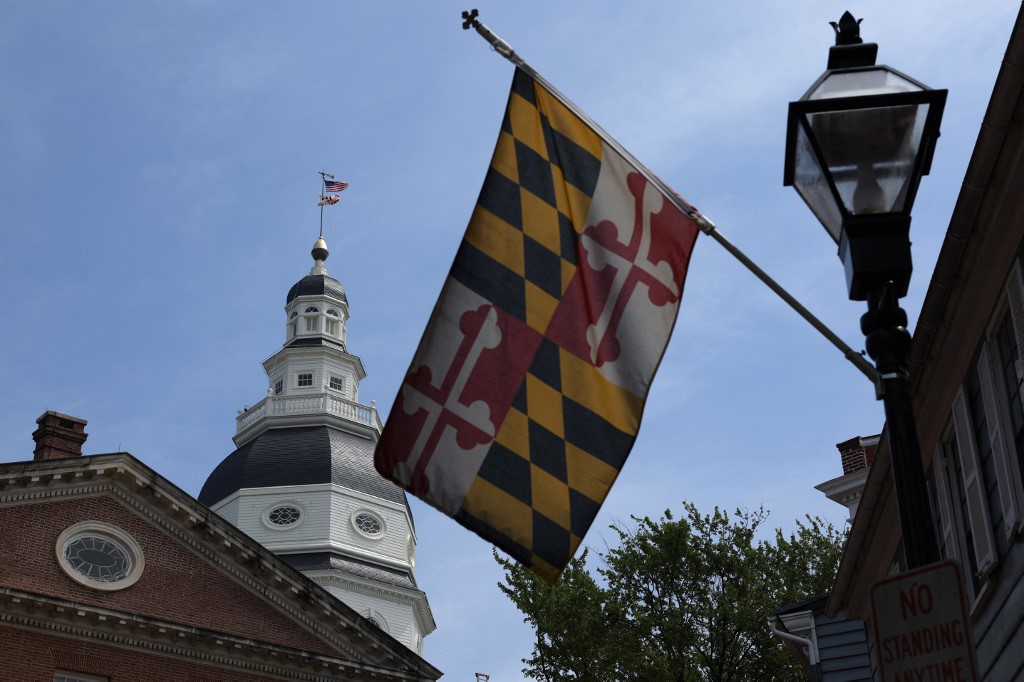Futures trading platform Kalshi suffered its first legal setback by a Maryland judge when it sought an injunction to enjoin the state’s regulators from enforcing its gaming laws.
Kalshi Strikes Out in Maryland
The designated contract market (DCM) platforms like Kalshi have historically been tied to commodities futures trading, with traders buying contracts on everything from gold to pork bellies. However, the DCMs began offering contracts on political races last year and then expanded their focus on Super Bowl options.
Once futures trading platforms like Kalshi began to meander their way into the sports betting realm, things got contentious, with state regulators arguing they were not licensed and, thereby, unable to offer sports betting contracts in their markets.
However, the DCMs countered, believing they did not need to abide by state regulators, as they were governed federally by the Commodity Futures Trading Commission (CFTC), which allows them to operate in all 50 states, including those that had not launched an online sports betting industry.
States like Nevada and New Jersey issued cease-and-desist orders, demanding that they stop operating in those markets. However, leading futures platform provider Kalshi took the matter to court and won early legal victories, permitting them to continue to offer sports betting contracts to anyone who wants them.
The same legal course manifested in Maryland, but the United States District Court for the District of Maryland denied Kalshi its injunction, unlike the federal courts in Nevada and New Jersey. The judge ruled that Kalshi failed to meet the required legal burden needed to shield it from potential state enforcement.
Next Steps
Maryland disagreed with the federal courts, explicitly stating that Kalshi was required to “establish that Congress clearly and manifestly intended to strip states of their authority to regulate gambling if the company offering such wagering opportunities has been approved to sponsor a designated contracts market for commodities trading.”
Many of the tenets of the Commodity Exchange Act (CEA) did not necessarily meet the judge’s criteria, which prompted the court to rule against them. For example, the Maryland court’s interpretation of the Special Rule differed from the federal court.
The Maryland court stated that (i) it is unlawful to conduct sports wagering without a license in the state and (ii) the offering of sports-related event contracts “violates Maryland sports-wagering laws and thus constitutes an ‘activity that is unlawful’ under state law.”
Moreover, “unlawful activity” was interpreted by the Maryland judge as “if the contract or transaction’s underlying event relates in some way to activity that is illegal—not if the act of staking money on the contract’s underlying would be unlawful under any state law.”
The court stated in its ruling, “It is Kalshi’s desire not to comply with Maryland law and presumably incur some additional compliance costs—not the existence of Maryland consumer protection laws themselves—that creates the situation Kalshi professes to worry about. So long as Kalshi obtains a license and complies with Maryland sports gambling laws, those laws would not pose an obstacle to Kalshi making the sports gambling portion of its platform available to users in Maryland.”
Kalshi has filed a motion to appeal the ruling, and Kalshi’s brief is scheduled on September 15th, to which the state has until October 15th to respond. However, Kalshi has also filed a preliminary injunction pending the appeal hearing, which would allow the company to continue offering sports event contracts in the meantime.







